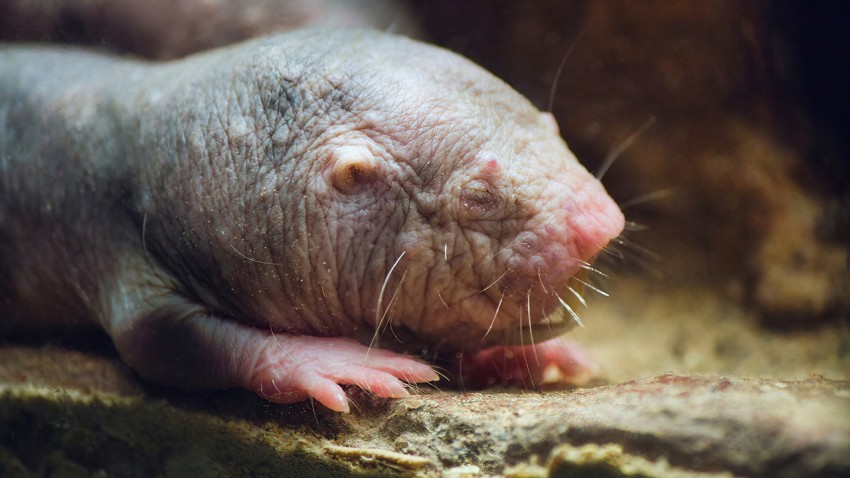News
A new study sheds light on unique processes that bestow naked mole-rats with what seems like eternal fertility, findings that could eventually point to new therapies for people.
Disabling a single regulatory gene in a species of sea anemone caused a cell used for hunting and self-defense to completely shift its form and function, opening a door to better understanding evolutionary mechanisms, according to a new study.
A pair of researchers in the Department of Neurobiology and Behavior are designing new technology and research methods to discover how brain circuits support learning and memory.
Avery August, Ph.D. ’94, and David Russell, both professors in the Department of Microbiology and Immunology in the College of Veterinary Medicine, have been elected to the American Academy of Microbiology.
Although researchers have suspected distemper was infecting tigers and leopards, this study is the first definitive proof of infection in Nepal’s big cats.
Assistant professors Eshan Chattopadhyay, Debanjan Chowdhury, Andrew Musser, Angeline Pendergrass and Andrej Singer have won 2023 Sloan Research Fellowships from the Alfred P. Sloan Foundation.
Metal oxide nanoparticles – commonly used as food coloring and anti-caking agents in commercial ingredients – may damage parts of the human intestine, say Cornell and Binghamton University scientists.
MicroRNA (miRNA) molecules in pancreatic islets have been thought to play important roles in Type 2 diabetes, but until now scientists have not confidently identified which miRNAs are associated with the disease in humans.
An interdisciplinary collaboration used tree ring and isotope records to pinpoint a likely culprit for the collapse of the Hittite Empire: three straight years of severe drought in an already dry period.
From new approaches for tendon injury treatment to biomass-based construction materials, Cornell Engineering’s inaugural Sprout Awards are funding unique research projects with the potential to grow partnerships across Cornell.










